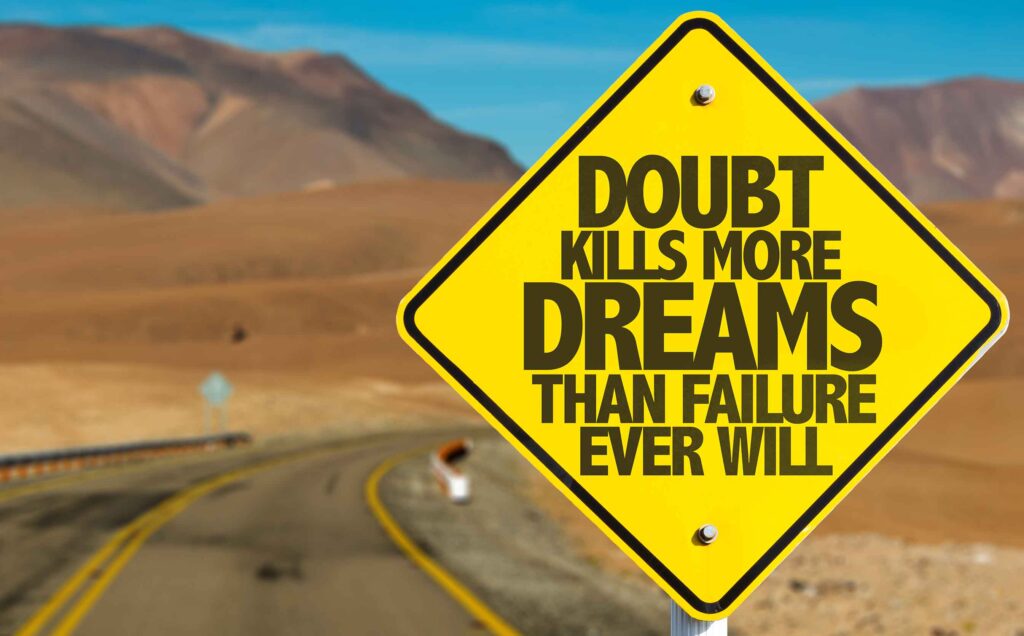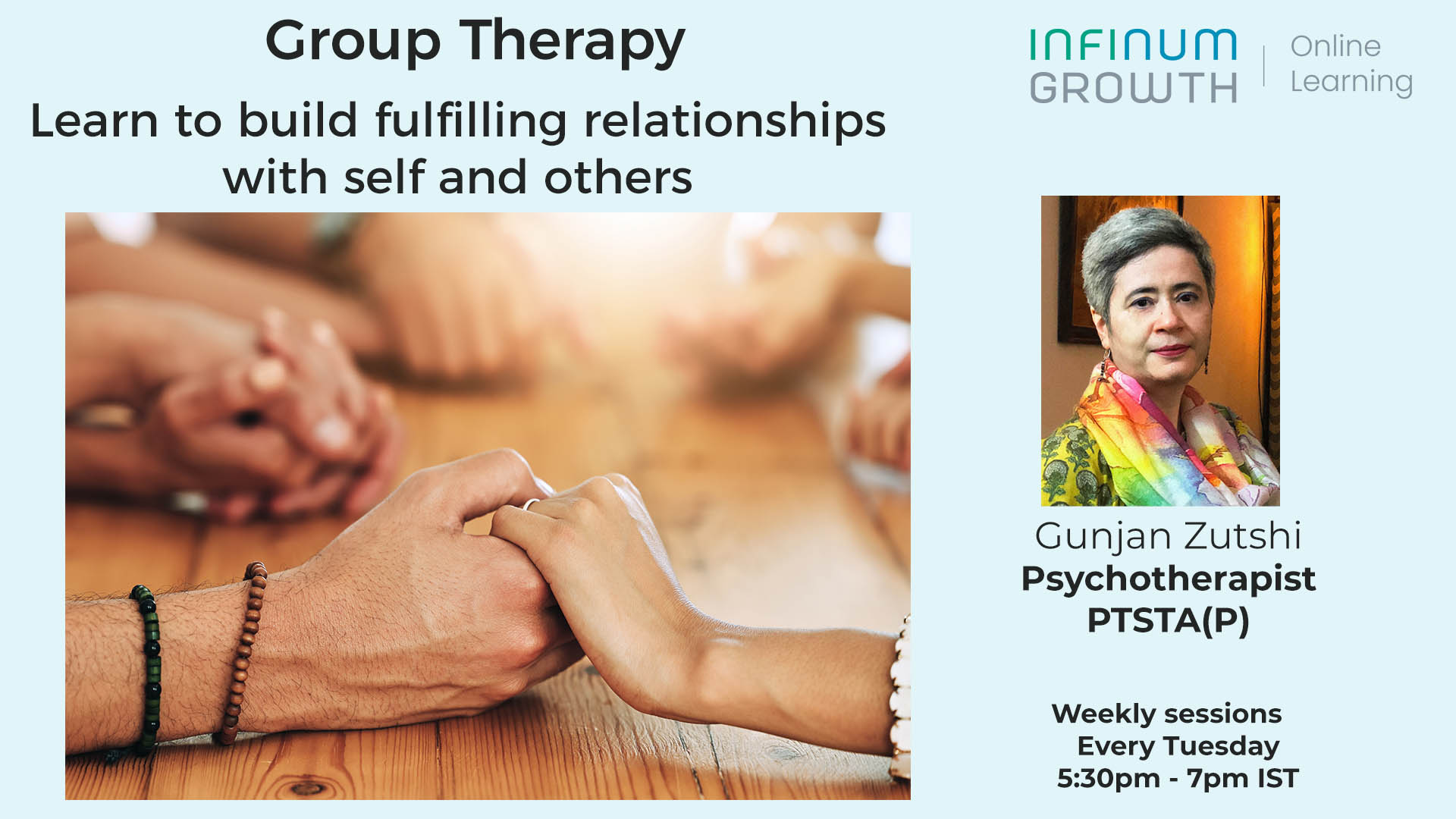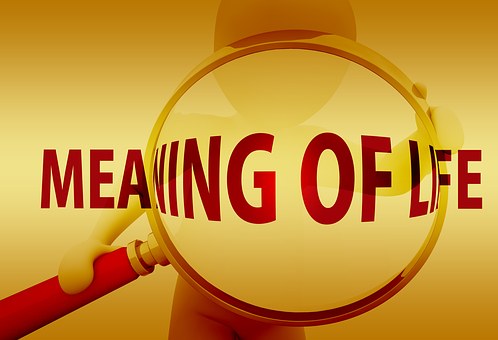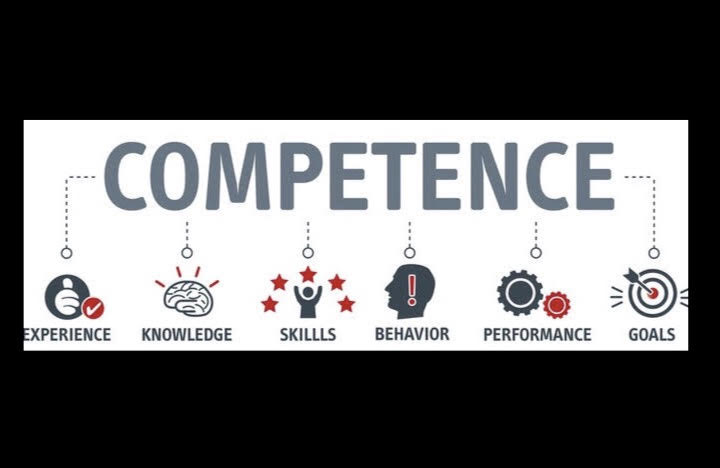A contentious post on a WhatsApp group led to an uproar. Many were extremely unhappy. After a couple of days, there was an apology posted by the erring member. What amazed me was what followed.
Those same agitated voices responded individually, appreciating the apology as a courageous act. It got me pondering about courage. According to psychologist Martin Seligman, being courageous maximizes one’s chance to grow and develop throughout life.
What is courage?
I remember reading that courage is a psychological muscle! An unusual take but one that made sense. It is to do with the mind and how we decide to handle situations, such as – adversity, intimidation, danger, uncertainty, risks, suffering, grief, fear, letting go of habits and addictions, admitting a wrong, persevering in the face of failure, standing firm with a moral conviction……
The dictionary meaning is, “the ability to do something that frightens one”; and “strength in the face of pain or grief.” It is also said, that our thoughts decide how we feel. There is a saying that courage and fear are brothers. Said Nelson Mandela, “I learned that courage was not the absence of fear, but the triumph over it.”
Even if it is a physical act of courage, like sky diving, bungee jumping, facing a strong opponent in a boxing ring, going into battle or physically fighting off an attacker, the mind has to say “Ready, Get Set, Go.”
Everyday Acts of Courage
The truth is that most of us, in our various walks of life, do little acts of courage in our regular routine; without ever giving it a label or even being aware of it.
Crossing a busy street, driving on a highway with monstrous vehicles coming from the other side, sometimes pushing us to the edge of the road; doctors performing risky and complicated surgeries; lifting a pot of boiling liquid or food while cooking; labourers who work at high rises – are all acts where we show courage without even realising.
Other situations like – batsmen facing fast balls; patients facing the diagnosis of a fatal disease; a person saying sorry to someone; breaking up a relationship, taking an unpleasant but necessary decision; are all acts of courage which become a way of life.
It could be a physical act, taking an ethical stand or accepting a personal shortcoming, admitting it and doing something about it. We may have doubts, fears or apprehensions deep in our sinews, but we do what we need to, regardless.
We become aware of the act as one of courage, when someone else points it out; or, when we need to deliberate over a matter or a feeling; and then take a decision or an action despite feeling scared.
It is a conscious choice, freely made; and is often a learnt skill, that we can develop with practise, taking small baby steps to start with.
How does one build courage?
We require different skills to handle a variety of challenges. These include the following –
1. Assertive Communication
Take, for example, the experience of being bullied at home or in a work place. We often cower in fear or resign ourselves to our fate. The technique of assertive communication can be very helpful. It requires training and then the courage to use it. We can make it a part of our arsenal with practise.
2. Courage of Conviction
We need to have the courage of our convictions to take a stand. Especially when we have to hold our own in matters of ethics or morality, believing it is the right thing to do. Tagore’s stirring Bengali song, Ekla Cholo Re, is about walking alone, unafraid, even if no one else responds to our call.
An employee in a firm, who refused to sign the balance sheet because he would not compromise on his ethics, since he knew that the figures were not right, is a case in point.
3. Listening
Courage is not just about speaking up or doing something. It is also about listening; even to a negative feedback, acknowledging that the other person is justified in his or her point of view. It is sometimes about not doing something and just holding back. For example, a parent not repeatedly checking up on a teenager who is out with his friends, despite being anxious.
4. Faith and Affirmations
Faith and affirmations help build courage. Instead of focusing on what can go wrong, we could list all the things we stand to gain and everything that will go right.
Visualising that pleasant and happy image and projecting it into the future as a goal, is a good motivation. The firm resolve ignites a power within us, that gets manifested as courage. Reading true life tales of courage or talking to people who have overcome personal hurdles is encouraging.
It takes courage to have faith in and place ourselves into somebody’s hands, such as a doctor, a financial advisor, a swimming instructor….. To get that courage we must allow ourselves to be vulnerable and build trust.
5. Permission to Accept and Recognise Fears
Once we give ourselves permission to accept our fear and recognise it as an impediment in our life, we can build the courage and take action to overcome it.
List out your major fears, speak them out loud (this helps to minimise their unsaid and unvoiced magnitude), write how they are hampering your life and those around you; and then, think of how to resolve them sensibly.
After prioritising, work on them, one at a time. Sometimes they are interlinked. Fear is also an emotion that is in our mind – of what CAN happen. We could try and take the wind out of it’s sails, by challenging it and doing a reality check. We also need to be aware of and emotionally prepared for, the consequences of our action or inaction.
6. Fear – as a weakness
Fear can also make us weak. A woman found herself in the clutches of a soothsayer who fed on her fear and duped her of vast amounts; getting her to buy expensive stones and doing ‘kriyas’ costing thousands, to ward off evil in her life.
With help from people she was close to, she picked up the courage to break out of his tentacles and the ‘comfort’ he provided; and could take her own decisions. The independence she experienced was a huge reward. But to get there, she first had to accept and understand her quandary and then ask for help.
7. Fear – as a protection
Of course one must also remember that some fears are protective for us. Disregarding all fears and showing unnecessary bravado, being foolhardy or impulsive, just to make a point or sometimes doing things on a dare, could result in physical or mental harm. We need to be balanced.
Fear of things that can bring us physical harm (example: not exposing ourselves to unnecessary risks in a corona infested world), staying off situations and people who threaten our mental peace, not being reckless and joining a herd act simply to win acceptance, are things we need to keep in mind.
Doing this analysis/evaluation gives us the space to rationally decide what we need to work on and what we can allow to remain, in our own interest.
Benefits of courage
1. An act of courage is often liberating for us
It frees us from mental tussle – should I or should I not, what if I am ostracized, will people laugh at me, the risk may not be worth it, this is too difficult to do.
Responding from the space of fear is common, does not require much mental bandwidth and is usually a short term stress reliever. Over the long haul it is more prudent to work with the fear driving the response.
2. Courage is empowering
Doing something tough, despite being scared, builds self confidence and self esteem. We feel good about ourselves.
Acknowledging and giving up an addiction, doing things despite physical or mental challenges (remember Sudha Chandran who continued to dance, despite amputation and a prosthetic Jaipur foot), standing up for oneself, learning the use of devices that appeared overwhelming, trying to materialise a dream, public speaking – are all acts of courage, that are empowering.
As a stronger, self confident person, one can live a fuller life, without being debilitated by fears. We can also be of help to others, giving them support in building courage.
“Courage doesn’t always roar. Sometimes courage is the little voice at the end of the day that says, I’ll try again tomorrow.” Mary Anne Radmacher
Please do leave your comments at the bottom and do share with others if you like this article.



















A very apt and beautiful explanation of courage.